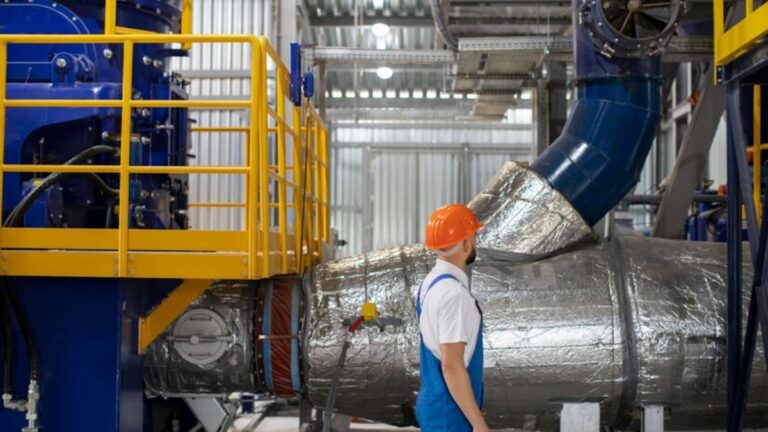The Importance of Effective Wastewater Management
Wastewater management is an essential aspect of industrial operations, crucial in maintaining environmental sustainability and regulatory compliance. Without effective management, industries risk contaminating local ecosystems and facing significant fines. One of today’s most cutting-edge methods involves using advanced technologies like Decanter Centrifuges. These devices efficiently separate solids from liquids, facilitating more accessible treatment and recycling of industrial wastewater.
The role of decanter centrifuges extends beyond mere separation; these machines are pivotal in ensuring that industries adhere to stringent environmental guidelines. By focusing on mechanisms that utilize centrifugal force, industries can enhance their wastewater treatment processes and significantly reduce their reliance on costly chemical treatments.
How Decanters and Centrifuges Work
Decanters and centrifuges use centrifugal force to separate solids from liquids efficiently. When contaminated fluid is introduced into a cylindrical drum, the centrifugal force pushes heavier solids to the periphery, settling at the bottom. Clarified liquid collects in the center and is extracted for treatment or safe disposal. This mechanism offers high efficiency and versatility, handling a wide range of waste materials, from fine particles in chemical processing to larger solids in the food industry, making them indispensable tools in various industrial applications.
Benefits of Using Decanters and Centrifuges
- Efficient solid-liquid separation
- Low operational costs
- Reduced environmental impact
- High throughput and scalability
Efficient Solid-Liquid Separation
The primary benefit of using decanters and centrifuges is their unparalleled efficiency in separating solids from liquids. Traditional methods often fail to handle large volumes or offer the precision required in industrial settings. In contrast, decanters and centrifuges achieve a high degree of separation efficiency, making them ideal for industries where the purity of the output is critical.
Low Operational Costs
Financial considerations are always paramount for any industry, and here, too, decanters and centrifuges shine. These technologies operate with lower energy requirements and minimal chemical use, leading to substantial cost savings. Traditional wastewater treatment methods often involve high operational expenses, including chemicals and extensive energy consumption. Decanter and centrifugal systems offer a more cost-effective alternative.
High Throughput and Scalability
Industries continually seek scalable solutions that can grow with increasing demand. Decanters and centrifuges are well-suited for this and can manage large volumes of wastewater without degradation in performance. The ability to quickly scale these systems means that industries can adapt to larger capacities promptly without needing a complete overhaul of their wastewater management systems.
Cost Savings and Environmental Impact
The dual benefits of cost savings and reduced environmental impact cannot be overstated. Industries can lower operational costs by integrating decanters and centrifuges into their wastewater management systems. These devices eliminate the need for multiple chemical treatments and reduce the energy required for wastewater processing, resulting in substantial financial savings over time.
Moreover, the environmental benefits are compelling. Implementing these advanced technologies ensures that fewer pollutants are released, contributing to a healthier ecosystem.
Best Practices for Maintenance
Routine maintenance is essential for the lifetime and efficiency of centrifuges and decanters. This includes regular inspections, thorough cleaning, and timely replacement of worn-out parts. Tailoring maintenance schedules to specific models and types is essential, with manufacturer guidelines as a reliable foundation for developing protocols. Adopting best maintenance practices ensures these valuable technologies remain in peak working condition for years.

